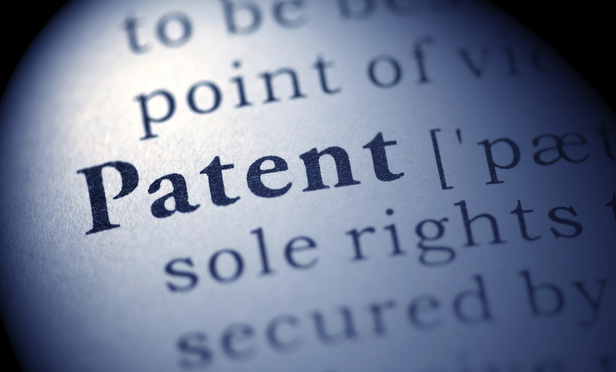Joseph P Mathew

December 28, 2018 | The Legal Intelligencer
Satisfying the Often Misunderstood Common Interest DoctrineIt is common for the parties to a commercial transaction or relationship to conclude that their circumstance requires more than a nondisclosure agreement.
By Anthony S. Volpe and Joseph P. Mathew
9 minute read

November 01, 2016 | The Legal Intelligencer
Patent Infringement Complaints After the Change in RulesFor many years prior to Dec. 1, 2015, patent infringement complaints were exempt from the pleading requirements of Federal Rule of Civil Procedure 8. Prior to the change, FRCP 84 provided that infringement pleadings that complied with FRCP Form 18 automatically satisfied the pleading requirements of FRCP 8(a) and were effectively immunized against an attack regarding the sufficiency of the pleading. Compliance was relatively simple since Form 18 only required a direct infringement complaint to set forth: (1) an allegation of jurisdiction; (2) a statement that the plaintiff owns the patent; (3) a statement that the defendant has been infringing the patent by making, selling, or using a device embodying the patent; (4) a statement that the plaintiff gave the defendant notice of its infringement; and (5) an injunction demand. (See McZeal v. Sprint Nextel, 501 F.3d 1354, 1356-57 (Fed. Cir. 2007); and K-Tech Telecommunications v. Time Warner Cable, 714 F.3d 1277, 1283 (Fed. Cir. 2013).) The Dec. 1, 2015, federal rules changes brought a sea change to the requirements for pleading patent infringement. With the passing of Form 18 into legal history, patent infringement complaints are subject to the pleading requirements of FRCP 8; however, the courts are struggling to deal with the change and how to apply it to pre-existing complaints. This article presents a snapshot of the cases dealing with transiting to and defining the new requirements.
By Anthony S. Volpe and Joseph P. Mathew
17 minute read
Trending Stories
- 1Restoring Trust in the Courts Starts in New York
- 2'Pull Back the Curtain': Ex-NFL Players Seek Discovery in Lawsuit Over League's Disability Plan
- 3Tensions Run High at Final Hearing Before Manhattan Congestion Pricing Takes Effect
- 4Improper Removal to Fed. Court Leads to $100K Bill for Blue Cross Blue Shield
- 5Michael Halpern, Beloved Key West Attorney, Dies at 72
More from ALM
- Scan In Progress: Litigators Leverage AI to Screen Prospective Jurors 1 minute read
- Legal Speak at General Counsel Conference East 2024: Match Group's Katie Dugan & Herrick's Carol Goodman 1 minute read
- Legal Speak at General Counsel Conference East 2024: Eric Wall, Executive VP, Syllo 1 minute read



